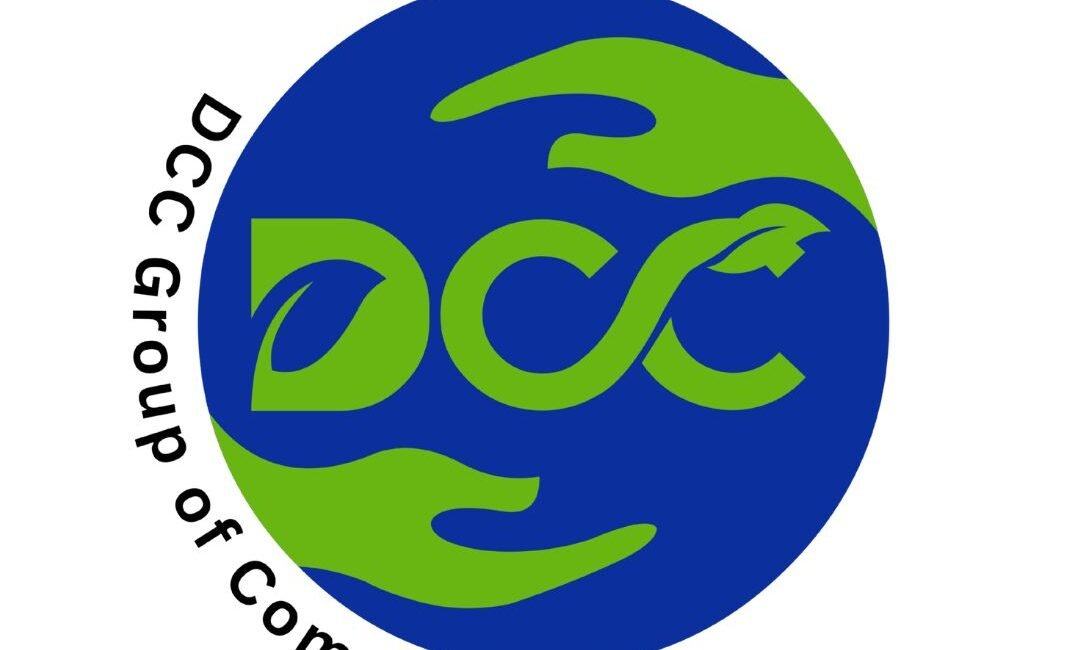
India’s urban landscape is changing fast. As cities expand and consumption rises, municipal solid waste volumes have shot up—challenging local bodies to find scalable, sustainable ways to manage refuse. One of the most promising pathways turning this challenge into opportunity is Municipal Waste Shredding. By reducing waste to uniform, manageable fractions, shredding unlocks new value chains such as composting enhancement, material recovery, and production of refuse derived fuel from municipal solid waste (RDF). DCC Group is spearheading this green innovation, helping cities convert waste into wealth and move toward a circular economy.
Why Shredding Matters: From Heterogeneous Waste to Usable Feedstock
Raw municipal waste is highly heterogeneous—organic matter mixed with plastics, textiles, wood, and construction debris. Such variability makes downstream processing inefficient and contamination-prone. Solid waste shredding is the first crucial step to standardize input streams. Shredders reduce volume, expose hidden recyclables, and improve the calorific consistency of waste fractions intended for thermal recovery.
For refuse derived fuel from municipal solid waste, consistency is key. Shredded waste yields a more uniform calorific value, reduces the presence of oversized inert materials, and simplifies further sorting and densification (baling or pelletizing). In short, shredding converts messy municipal feedstock into predictable, market-ready material.
RDF: Waste to Wealth
The phrase rdf waste to wealth captures the economic and environmental potential of transforming municipal waste into RDF. When properly processed, RDF can substitute fossil fuels in cement kilns, industrial boilers, and waste-to-energy units—reducing fossil fuel consumption and greenhouse gas emissions. Producing high-quality RDF requires a sequence of operations—screening, magnetic separation, shredding, air classification, and densification. DCC Group’s integrated solutions ensure each stage is optimized so municipal waste becomes a reliable fuel alternative.
Local industries benefit from secure fuel supplies and lower costs; municipalities gain new revenue streams from waste processing contracts and reduced landfill expenses. In this way, RDF becomes not just a disposal option but an income-generating asset—turning the “waste” line on balance sheets into “wealth.”
DCC Group’s Municipal Waste Shredding Solutions
DCC Group designs and supplies robust solid waste shredding systems tailored to Indian conditions. Key features of their offerings include:
-
Multi-shaft and single-shaft shredders for different feedstocks (MSW, C&D waste, industrial rejects).
-
Heavy-duty cutting chambers designed to handle moisture, strings, and mixed materials without frequent downtime.
-
Integrated pre-screening and separation modules that remove inert and non-combustible fractions before shredding.
-
Modular plant layouts that can be scaled from small municipal requirements to large metropolitan capacities.
-
Automation and safety controls to ensure consistent throughput and operator protection.
DCC’s modular approach lets municipalities adopt Municipal Waste Shredding incrementally—starting with pilot lines and expanding to full RDF production as demand and regulatory clarity grow.
Partnering with RDF Suppliers and End Users
A successful RDF value chain requires credible rdf suppliers and dependable industrial partners willing to use alternative fuels. DCC Group acts as a bridge—helping municipalities produce consistent RDF and connecting them with end-users such as cement plants and industrial boilers. DCC also assists in fuel quality certification, calorific testing, and logistics planning, ensuring the RDF meets user specifications and regulatory norms.
By building these supply relationships, DCC reduces market risk for municipalities and promotes long-term commercial viability for RDF projects.
Environmental and Economic Benefits
Implementing Municipal Waste Shredding and RDF production yields multiple benefits:
-
Reduced landfill pressure: Shredding and RDF recovery divert significant volumes away from dumpsites.
-
Lower greenhouse gas emissions: Substituting coal with RDF and stabilizing organic fractions diminishes methane and CO₂ emissions.
-
Resource recovery: Shredding improves material recovery rates for recyclables and organics.
-
Job creation: Shredding plants and associated logistics create green jobs—from plant operators to logistics managers.
-
Revenue generation: RDF sales and lower disposal costs improve municipal finances, supporting further sustainability investments.
These gains align with India’s national goals for waste management and climate action, making shredding a strategic tool for urban resilience.
Operational Considerations & Best Practices
For effective deployment, municipalities should consider:
-
Waste Characterisation: Know the local waste profile—moisture, composition, and contamination—before choosing shredder types.
-
Pre-Processing: Use screens, magnets, and ballistic separators to remove large inerts and metals prior to shredding.
-
Moisture Management: High moisture affects shredder performance and RDF quality; dewatering and windrow drying help.
-
Quality Assurance: Regular calorific and contaminant testing keeps RDF acceptable to buyers.
-
Circular Integration: Combine shredding with composting, recycling, and material recovery to maximize diversion.
DCC Group supports municipalities through every step—from feasibility studies and plant design to commissioning and operations training.
Conclusion
The promise of rdf waste to wealth depends on systems thinking—integrating collection, segregation, shredding, and end-use. As more cities recognize the value of Municipal Waste Shredding, India can accelerate its transition from disposal-focused models to resource-centric solutions.
DCC Group’s technology and project experience make it a strategic partner for governments, contractors, and industries seeking to unlock the environmental and economic potential of municipal waste. By turning refuse into reliable fuel and usable materials, shredding is not merely a mechanical process—it’s a cornerstone of India’s eco-transformation.

